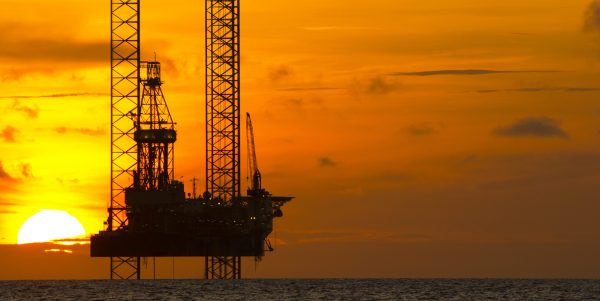With 35,000 offshore wells, 2,600 platforms representing 7.5 millions of tonnes of steel, and over 55,000 kilometres of pipelines, decommissioning offshore Asia-Pacific will be a huge task, with an estimated cost of more than USD 100 billion. In view of this, Wood Mackenzie identified four key areas that will define how costs evolve for operators in Asia Pacific.
According to Wood Mackenzie, unclear government regulations combined with a general lack of experience in the region could mean a steep learning curve with high initial costs and potential for mistakes.
Asia upstream analyst Jean-Baptiste Berchoteau, Wood Mackenzie, said: “With over 380 fields expecting to cease production in the next decade, the magnitude and cost of work can no longer be ignored. Through learning from global decommissioning projects, the industry can adopt and adapt practices best suited for Asia Pacific’s own set of challenges.”
The consultancy cited four levers to cut costs and decommission Asia Pacific on a budget:
1. Transferring knowledge between regulators, operators and service sector firms
To establish a functional regulatory framework, it would be more efficient to adopt guidelines already in place elsewhere in the UK or the Gulf of Mexico, rather than “reinventing the wheel”. Operators also have a key part to play in helping draft regulations. For instance, Chevron and Shell are already collaborating with Thai and Bruneian regulators respectively on knowledge transfer and pilot project initiatives.
2. Choosing optimal commercial and contracting strategy
Sound project management and pragmatic contracting strategies are critical to avoid cost blowouts. While the Majors have the necessary skills in-house, Wood Mackenzie expects other players to use project management companies to help execute the project on a strict timeline and within budget.
The three most common contracting strategies – lump sum, unit cost and day rate – are suited to different levels of risk. The well plug and abandon (P&A) phase is usually the riskiest as live hydrocarbons are involved and there is poor availability of data on well conditions. As such, unit cost contracts, where the contractor performs well P&A or facility removal at a fixed cost per unit that includes a margin, appear better suited for projects in Asia Pacific.
3. Adopting innovative technologies to cut cost
In 2017, PETRONAS implemented the rig-to-reef solution on two platforms at the Dana and D-30 fields in Block SK-305 offshore Malaysia, showing innovative approaches to conventional decommissioning with the potential for significant cost savings.
Rig-to-reef consists of using the decontaminated platform structures to create an artificial reef at a designated location. Rig-to-reef is both cheaper and an eco-friendly solution for marine life. The technique is mainly attractive at water depths of 10 to 30 metres, where reef structures and associated marine life are the most prolific.
4. Achieving economies of scale
On average, well P&A accounts for half of the decommissioning costs, so any cost reduction in this category will have a significant impact – about 30% to 50% cost reductions have already been observed in the Gulf of Mexico and the UK on rig daily rate or unit rate contracts. For areas with a large number of ageing wells and platforms, batch decommissioning offers huge cost-saving opportunities.
“While the decommissioning situation in Asia Pacific might look grim at the moment, we note that Chevron is taking a proactive approach in the Gulf of Thailand, and we expect the Major to set a benchmark for large scale decommissioning costs in the region,” said analyst Jean-Baptiste Berchoteau.




























































